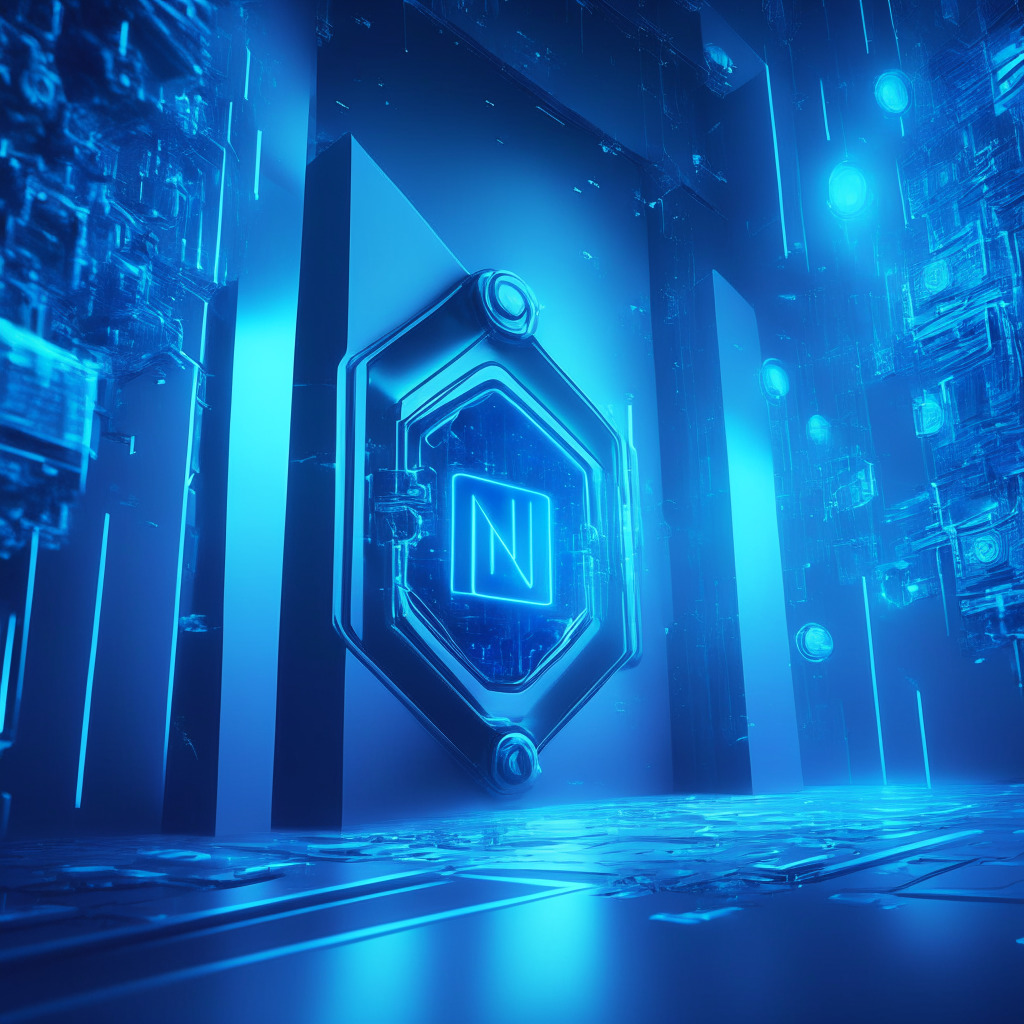In a move that boldly underscores the mainstream acceptance and future prospects for blockchain technology, PayPal recently submitted a patent for its own non-fungible token (NFT) purchase and transfer system. The filing reveals designs to leverage NFTs for tokenization, extending even beyond the realm of digital collectibles.
The third-party service through which these transfers would occur remains unspecified, though Ethereum has been referred to in the application. It paints a picture of a digital landscape where digital media, event tickets, and legal documents, amongst other assets, can all be tracked using a decentralized blockchain ledger. Fractionalized purchases could be facilitated using a distribution of governance tokens, which could then exchange hands independently.
Furthermore, the use of a decentralized autonomous organization (DAO) is proposed to drive NFT liquidity via a purpose-built platform. These NFTs may even have the potential to earn royalties, thus increasing their intrinsic value and appeal to prospective traders.
However, a striking feature of this patent application is PayPal’s design for off-chain transactions. These would be conducted within an “omnibus wallet” associated with the service provider, negating the need to register transactions on the blockchain, broadcast transactions to the blockchain network, or pay the associated gas fees.
This, however, is a double-edged sword. On one hand, it could increase the speed and efficiency of transactions, a step forward for user convenience. On the other hand, it could raise concerns about decentralization and blockchain’s original, fundamental ethos—the removal of middlemen and a fully transparent and immutable public ledger.
Another intriguing aspect is the intent to enable transactions in any chosen currency. This flexibility paired with its own stablecoin offering, PayPal USD, suggests effort from the company to broaden its reach and utility in the world of decentralized finance.
In conclusion, PayPal’s latest patent application is a testament to the growing significance and far-reaching implications of blockchain technology. However, the proposed process of off-chain NFT transactions might diverge from the philosophy of complete decentralization that strongly attracted many enthusiasts to blockchain technology. It’s a fascinating yin-yang of adoption and potential trade-offs as larger entities like PayPal find their place in the future of cryptocurrency and NFT trading.
Source: Cointelegraph




